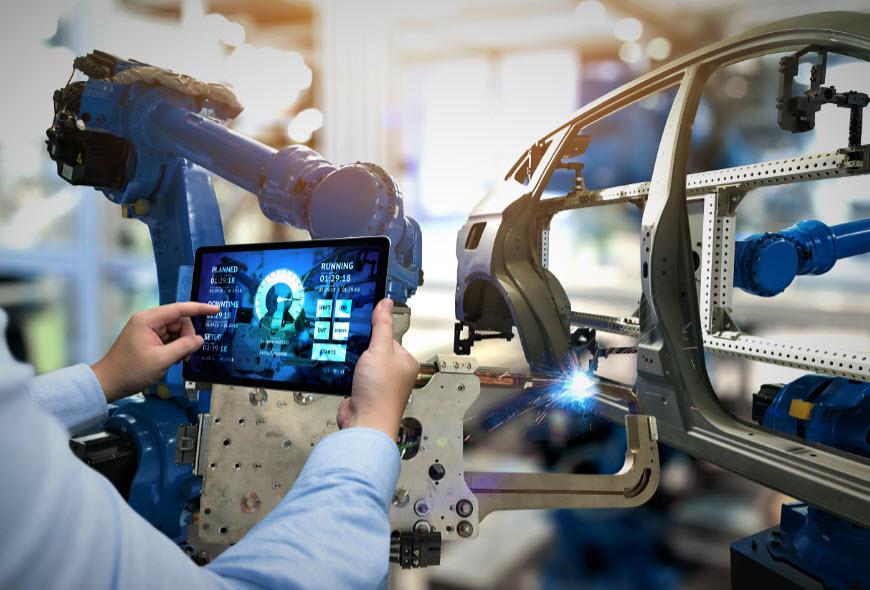
Artificial Intelligence and Machine Learning: Revolutionizing Industries
By Adedayo Oyetoke, Published on: May 19th 2023 3 min, 538 word Views: 1013
Artificial intelligence (AI) and machine learning (ML) are two technologies that have the potential to revolutionize various industries. As a technology enthusiast, I am fascinated by the potential of AI and ML to transform the way we live and work, and I believe that these technologies offer exciting opportunities for innovation and progress.
The Basics of Artificial Intelligence and Machine Learning
Artificial intelligence refers to the ability of machines to perform tasks that would normally require human intelligence, such as recognizing speech, making decisions, and learning from experience. Machine learning is a subset of AI that involves training machines to learn from data, without being explicitly programmed.
Machine learning algorithms can be divided into two categories: supervised learning and unsupervised learning. In supervised learning, the machine is trained on labeled data, where the correct output is known. In unsupervised learning, the machine is trained on unlabeled data, and must identify patterns and relationships on its own.
Applications of Artificial Intelligence and Machine Learning
AI and ML have a wide range of applications across various industries, including healthcare, finance, transportation, and manufacturing. Some examples of these applications include:
1. Healthcare: AI and ML can be used to analyze medical images, predict patient outcomes, and develop personalized treatment plans.
2. Finance: AI and ML can be used to detect fraud, predict market trends, and develop investment strategies.
3. Transportation: AI and ML can be used to optimize traffic flow, improve safety, and develop autonomous vehicles.
4. Manufacturing: AI and ML can be used to optimize production processes, reduce waste, and improve quality control.
Benefits of Artificial Intelligence and Machine Learning
There are many benefits to using AI and ML in various industries. These include:
1. Increased Efficiency: AI and ML can automate repetitive tasks, freeing up time for more complex and creative work.
2. Improved Accuracy: AI and ML can analyze large amounts of data quickly and accurately, reducing the risk of errors and improving decision-making.
3. Personalization: AI and ML can be used to develop personalized products and services, tailored to the specific needs and preferences of individual customers.
4. Cost Savings: AI and ML can help reduce costs by optimizing processes, reducing waste, and improving efficiency.
Challenges of Artificial Intelligence and Machine Learning
While AI and ML offer many benefits, there are also challenges and concerns associated with these technologies. Some of these include:
1. Bias: AI and ML algorithms can be biased, reflecting the biases of the data they are trained on.
2. Privacy: AI and ML can collect and analyze large amounts of personal data, raising concerns about privacy and security.
3. Job Displacement: AI and ML can automate jobs, leading to job displacement and unemployment.
4. Regulation: AI and ML are relatively new technologies, and there is a need for regulation and oversight to ensure that they are used responsibly and ethically.
Conclusion
Artificial intelligence and machine learning are two technologies that have the potential to revolutionize various industries. While there are challenges and concerns associated with these technologies, the benefits they offer are significant, including increased efficiency, improved accuracy, personalisation, and cost savings. As we continue to explore the potential of AI and ML, it is important to remain mindful of the ethical implications and work together to ensure that these technologies are used responsibly and for the benefit of all.
